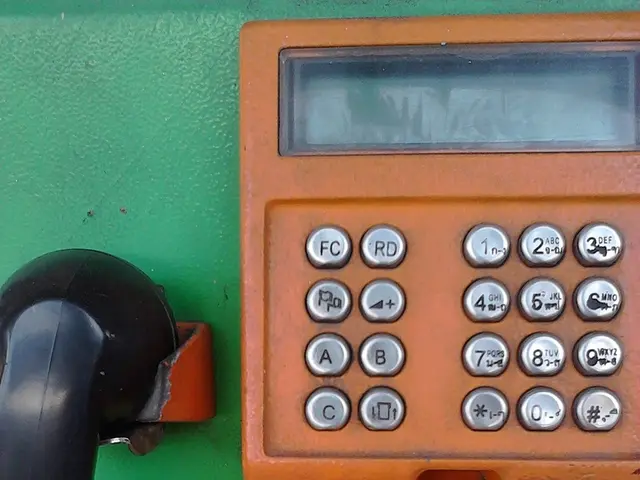Protecting Yourself from Identity Theft in Brazil: Essential Strategies to Know
Brazil is currently grappling with an increase in online identity fraud, particularly credential theft and digital identity fraud. This surge is due to more sophisticated phishing, malware, and the rising use of artificial intelligence (AI) by fraudsters[1]. In the first half of 2025 alone, over 118,000 cases of identity fraud were reported, with Brazil among the countries having especially high rates of credential theft[1].
The common types of identity fraud in Brazil involve stealing login credentials, exploiting weak digital identity protections, and using bots and AI to simulate legitimate user behavior to bypass security measures[1][5]. Fraudsters leverage stolen credentials to access personal accounts for financial gain and identity takeover.
To combat this growing issue, the Brazilian government and companies have implemented several measures. One of the key strategies is the use of advanced biometric verification. Brazilian companies connect to Receita Federal (Federal Revenue) databases to verify CPF (individual taxpayer registry) validity alongside name and birthdate. They also use facial recognition technology that compares selfies with government biometric databases, such as the Superior Electoral Court or National Traffic Department, to ensure the person registering matches official records[3].
The government is also introducing new identity cards that include QR codes from August 2022 to further combat identity fraud[2]. Companies operating in Brazil need to employ a range of antifraud technologies to quickly evaluate document authenticity.
The legal and regulatory framework is another crucial aspect of the response. Brazil has a robust digital certification system (ICP-Brasil) and legal framework for electronic signatures, which provide strong legal validity and security for digital transactions, reducing the risk of identity fraud in digital contracts and operations[2]. Anti-money laundering and Know Your Customer (KYC) regulations (Law 9.613/98) also mandate stringent identity verification measures.
AI-powered fraud detection is another tool being used. Companies like Nethone employ AI-based fraud prevention solutions that analyze hundreds of user and device signals in transactions, adapting through continuous learning from large datasets. These models help detect anomalies and bot activities that mimic human behavior, going beyond static security rules[5].
Multifactor Authentication (MFA) and Single Sign-Ons (SSO) are also being encouraged to mitigate credential theft and account takeovers[1]. The proposed Digital Competition Law (PL 2768/2022) aims to promote consumer protection, competition, innovation, and accessibility, which indirectly supports a safer digital environment for identities and transactions[4].
Despite these efforts, physical ID forgeries still pose a significant threat, with document printouts being the most common type (87.5%)[1]. Companies should cross-check users through local databases, such as SEPRO databases in Brazil, and use biometric technology for face identification to ensure an applicant's physical presence and document ownership[1].
It's important to note that the penalty for identity fraud in Brazil can vary between three months to one year of imprisonment, or a fine, depending on the severity of the crime[1]. As the landscape of online identity fraud continues to evolve, it's crucial for both the government and private sector to remain vigilant and adapt their strategies accordingly.
References:
[1] https://www.nethone.com/blog/identity-fraud-in-brazil/ [2] https://www.ibm.com/blogs/security-intelligence/brazil-identity-verification-biometrics-and-blockchain/ [3] https://www.reuters.com/business/finance/brazils-fintech-startup-nethone-raises-5-3-mln-boost-identity-verification-2021-09-02/ [4] https://www.lexology.com/library/detail.aspx?g=7032b1c8-094e-4a2f-9f41-3884b0f754b1 [5] https://www.securityweek.com/brazil-faces-rising-online-identity-fraud-amid-covid-19-pandemic
- The government and private sector in Brazil are utilizing advanced technology like biometric verification, facial recognition, and AI-powered fraud detection to combat the rise in cybersecurity issues such as identity fraud.
- To address the growing threat of identity fraud, companies operating in Brazil are encouraged to employ multifactor authentication, single sign-ons, and antifraud technologies to quickly evaluate document authenticity, and cross-check users through local databases while using biometric technology for face identification.




